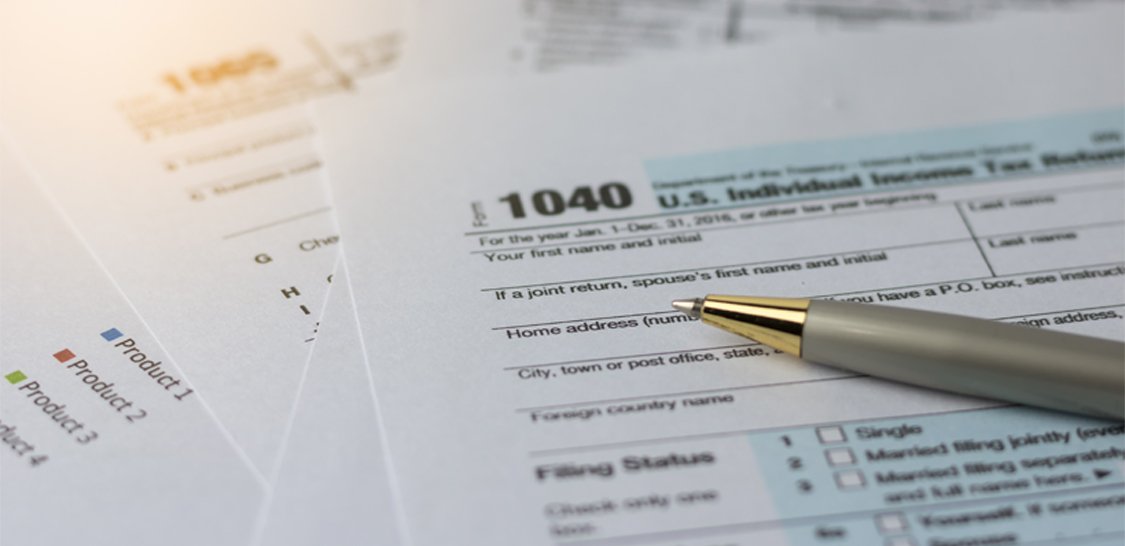Individual tax planning is a whole new ballgame this year, thanks to tax reform. Many of the provisions contained in the Tax Cuts and Jobs Act, like the reduction in rates and the changes to certain deductions, will have a significant impact on the way individuals and families approach their tax preparation and return filing, but one area that has flown a bit under the radar is dependent taxability. In light of the disallowance of personal exemptions, individuals and families should consider whether a return is needed for dependents. To help with this assessment, we put together this quick primer on the topic, complete with new considerations stemming from tax reform.
When a dependent must file a federal return
Income level is the primary factor in determining whether or not a dependent must file a federal tax return, along with other factors like age, marital status or blindness. Dependents with unearned income of $1,050 or more or earned income plus a $350 exemption up to $12,000 (the new standard deduction for a single taxpayer) must file.
If federal withholding is taken out by an employer, a dependent may need to file to have the withholding refunded. Before starting a new job, a dependent may want to elect to have no federal withholding. This election can be claimed when completing the Form W-4. Children that fall under the filing threshold may claim an exemption from federal withholding to avoid filing a federal tax return.
New treatment for Kiddie Tax
The Tax Cuts and Jobs Act simplifies the tax on unearned or investment income of children, also known as the “kiddie tax.” Previously, the kiddie tax corresponded with the parent’s tax rate. Tax reform untethered the kiddie tax from the parent’s rate and instead correlates it to ordinary and capital gain rates that also apply to estates and trusts. When it comes to a child’s earned income, that amount is taxed according to the single taxpayer’s brackets and rates. Due to tax reform, a child’s tax is now unaffected by the tax situation of the child’s parent or the unearned income of any siblings.
State and local tax requirements
Beyond federal filing obligations, dependents and their parents will still need to file state and local tax returns depending on their unique situation. Each state has its own threshold for filing; in Pennsylvania, filing is required for income of $33 or more.
What if a dependent works in a state where they do not live? Pennsylvania residents working in a nonresident state may need to file in Pennsylvania as well as the other state, although reciprocity agreements are in place with states like Indiana, Maryland, New Jersey, Ohio, Virginia and West Virginia. Pennsylvania residents may need to file local returns for earned income.
For additional guidance on assessing the taxability of a dependent’s income, contact your RKL advisor.




